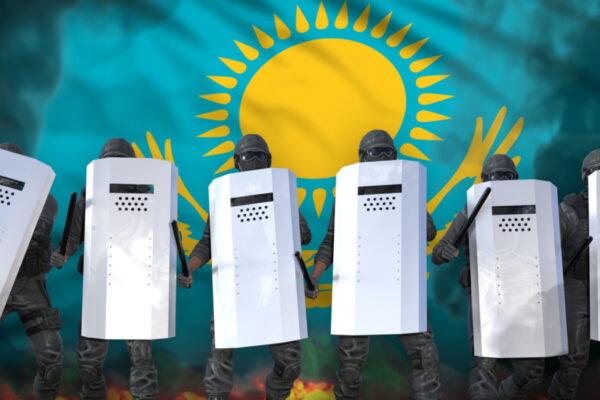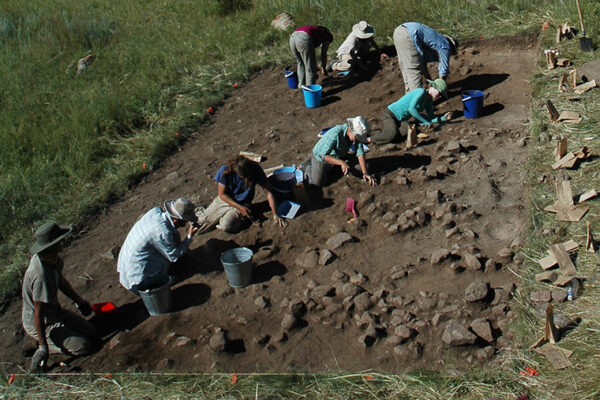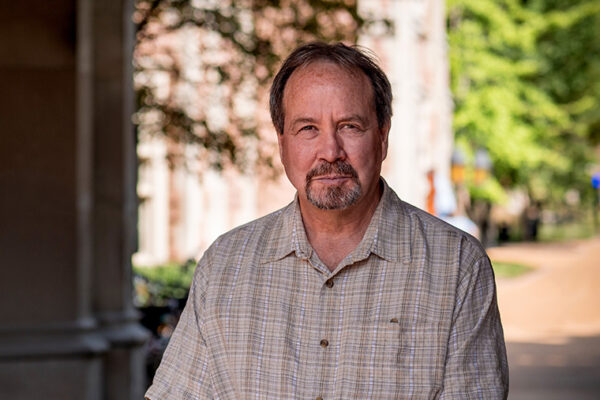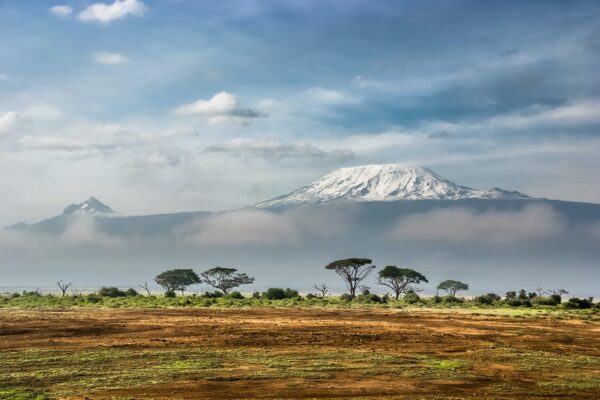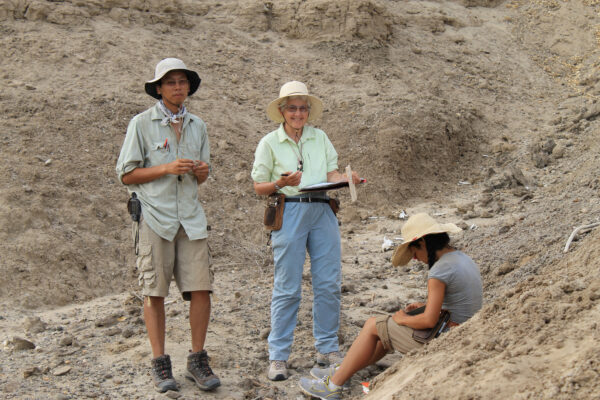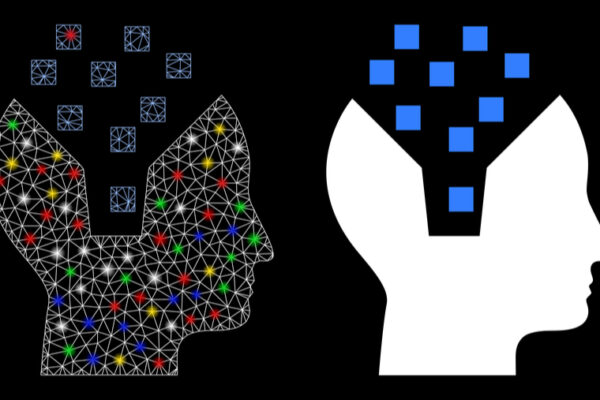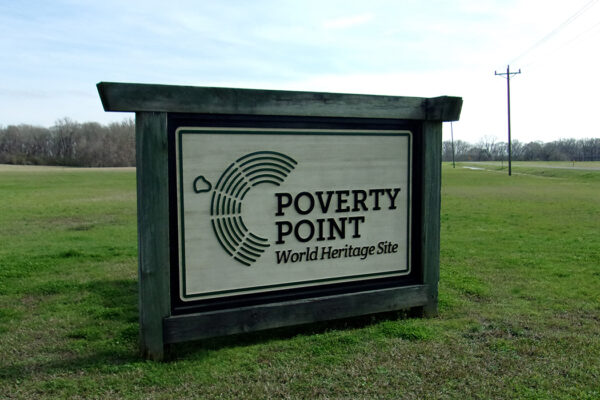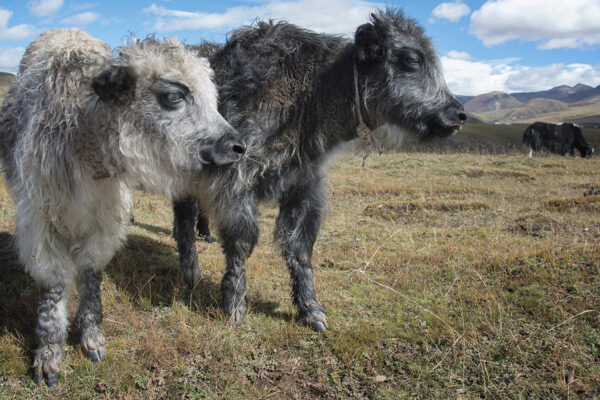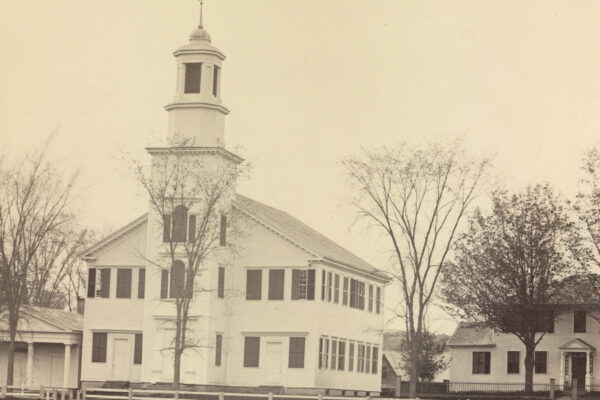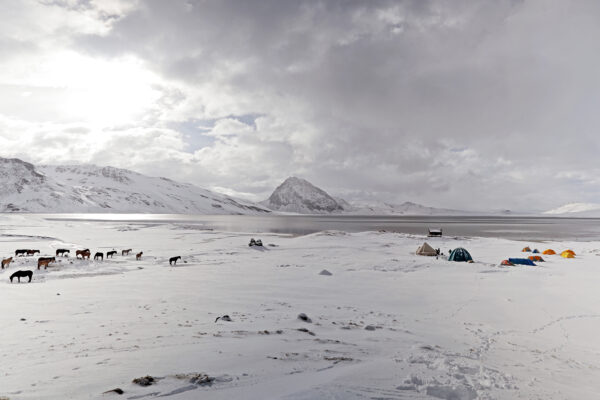What the future holds for Ukraine, Kazakhstan
With decades of combined experience in Ukraine and Kazakhstan, Washington University social anthropologists Michael Frachetti and James V. Wertsch share their perspectives on the future of these countries following unrest.
Researchers of ancient DNA set guidelines for their work
Michael Frachetti, professor of archaeology in Arts & Sciences, participated in a global initiative that set best practices for ethically sampling human remains and carrying out scientific analysis. He says this type of collaboration across regional and disciplinary boundaries likely will shape the future of scholarly work.
Stone receives grant to study perceptions of CRISPR in food production
Glenn Davis Stone, professor of sociocultural anthropology and of environmental studies in Arts & Sciences, is part of an international team of researchers funded by the European Union to study CRISPR in agriculture and food production. Stone is co-leader of the perceptions part of the study.
New database highlights underrepresented scholars of African archaeology
Helina Woldekiros, assistant professor of archaeology in Arts & Sciences, helped launch a database that aims to make undercited work more accessible to scholars, students and the public.
Digging deep
Anna K. Behrensmeyer never set out to be a pioneer, but she has broken new ground in the field of paleontology, supported diversity in STEM and torn down barriers along the way.
McDonnell Foundation awards Roediger $750,000 for memory research
Henry “Roddy” Roediger and James Wertsch, both in Arts & Sciences, will use a grant from the James S. McDonnell Foundation to encourage the interdisciplinary study of collective memory.
New evidence supports idea that America’s first civilization was made up of ‘sophisticated’ engineers
New evidence discovered at Poverty Point in northern Louisiana by anthropologists in Arts & Sciences challenges previous beliefs about how pre-modern hunter-gatherers behaved.
’Til the cows come home
New research led by archaeologists at Washington University in St. Louis shows that meat and dairy played a more significant role in human diets in Bronze Age China than previously thought. The analysis also suggests that farmers and herders tended to sheep and goats differently than they did their cows.
Wealth, status could not shield 19th-century families from parasitic infection
New research conducted by Theresa Gildner, assistant professor of archaeology in Arts & Sciences, suggests that parasitic disease was likely widespread in New England during 19th century, even in remote rural areas and in wealthy households.
Highlands hunt for climate answers
Two Washington University scientists are reconstructing past climate and cultural shifts in the Peruvian Andes. Today, such high-altitude parts of the tropics are warming faster than the rest of the globe. What Bronwen Konecky and Sarah Baitzel discover could help predict how this delicate ecosystem might be affected in the future.
Older Stories
